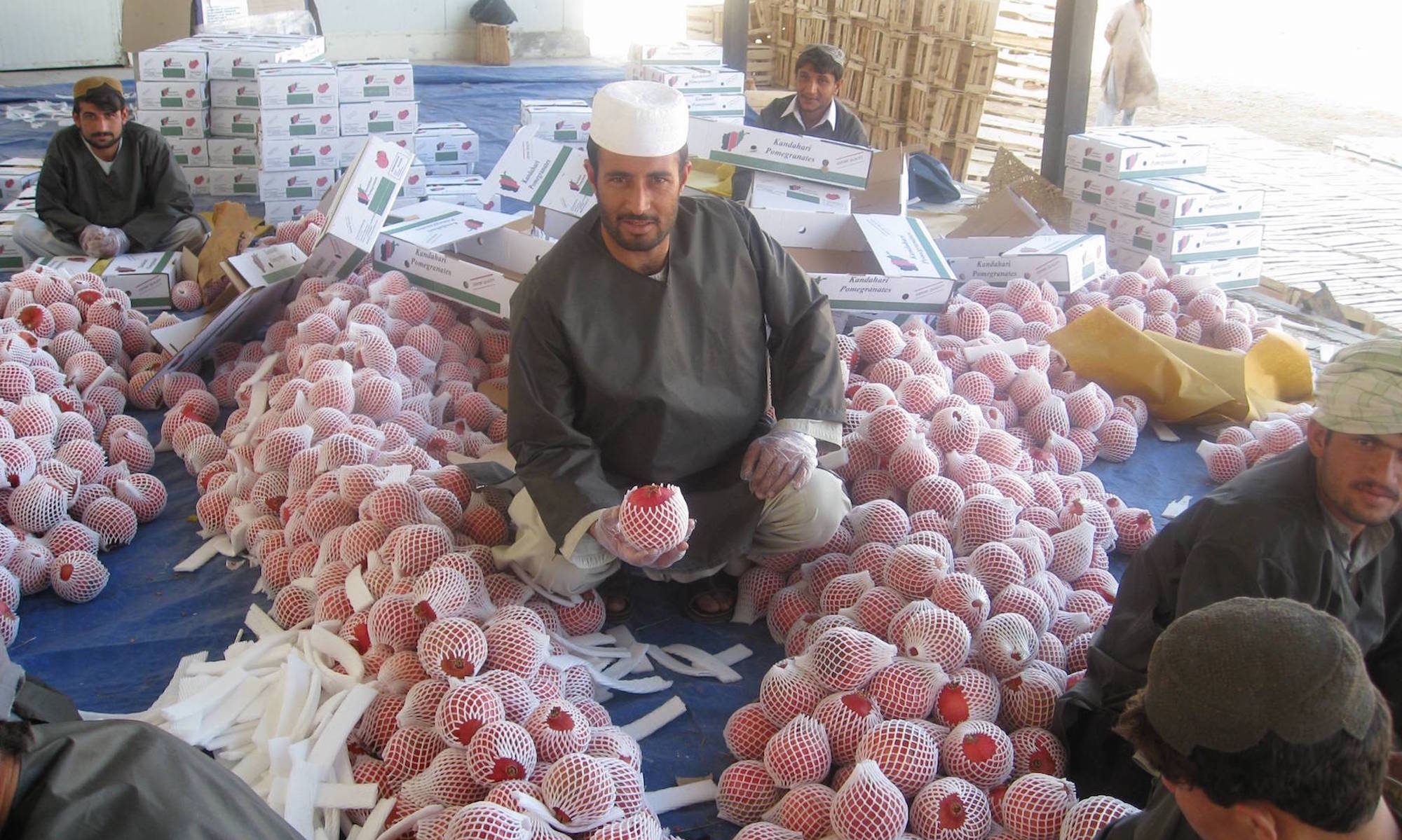This article explores community-based restorative justice projects run by political exprisoners and former combatants in Northern Ireland, initiatives which are dealing with everyday crime and conflict in local communities in a period of transition. It is argued that restorative justice can act as a facilitator, both for individuals within the community and between communities and the state, when violence-supporting norms are expected to be replaced by nonviolent approaches to conflict and its resolution. The article also argues for a greater role for criminological approaches to crime, punishment and justice within transitions, recognising the strengths of criminology to address underlying causes of continued violence in postconflict settings. In particular, this article investigates attempts by these initiatives to build bridges between historically estranged communities and the police, and argues for the possibility of restorative justice becoming a catalyst for transformative justice during times of rapid social change.

INSCT Postconflict Research Database
The Institute for National Security and Counterterrorism's Postconflict Research Database & Analysis Project stores cross-indexed bibliographic information on hundreds of journal articles, books, book chapters, and case reports that address the broad, interdisciplinary fields of postconflict reconstruction, stabilization, and peacebuilding.